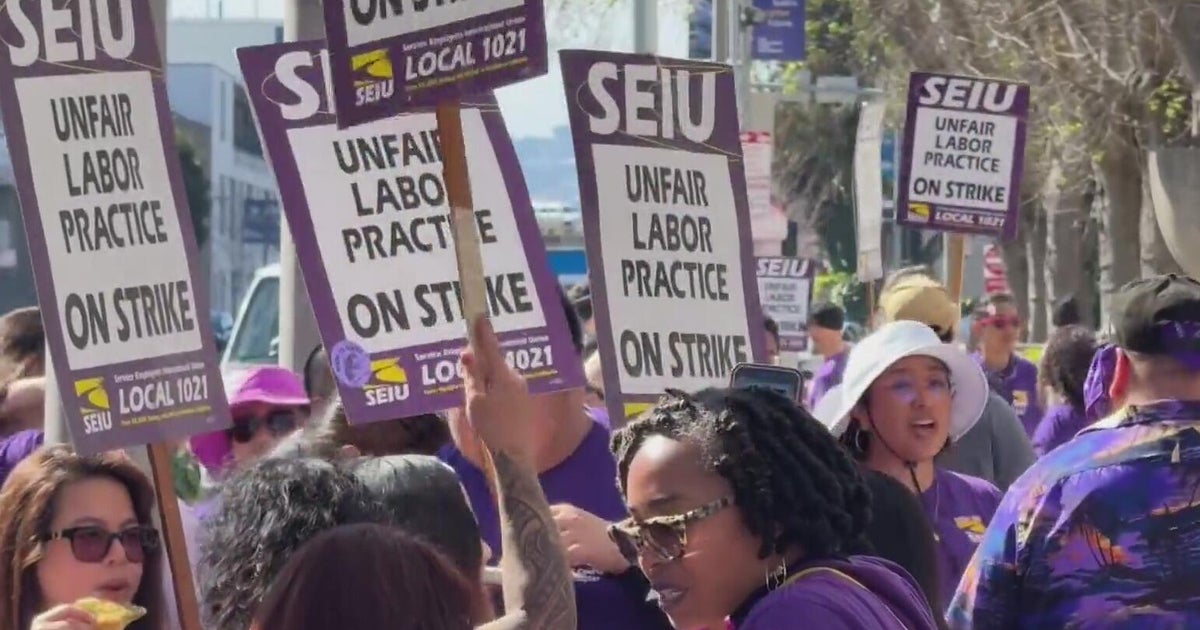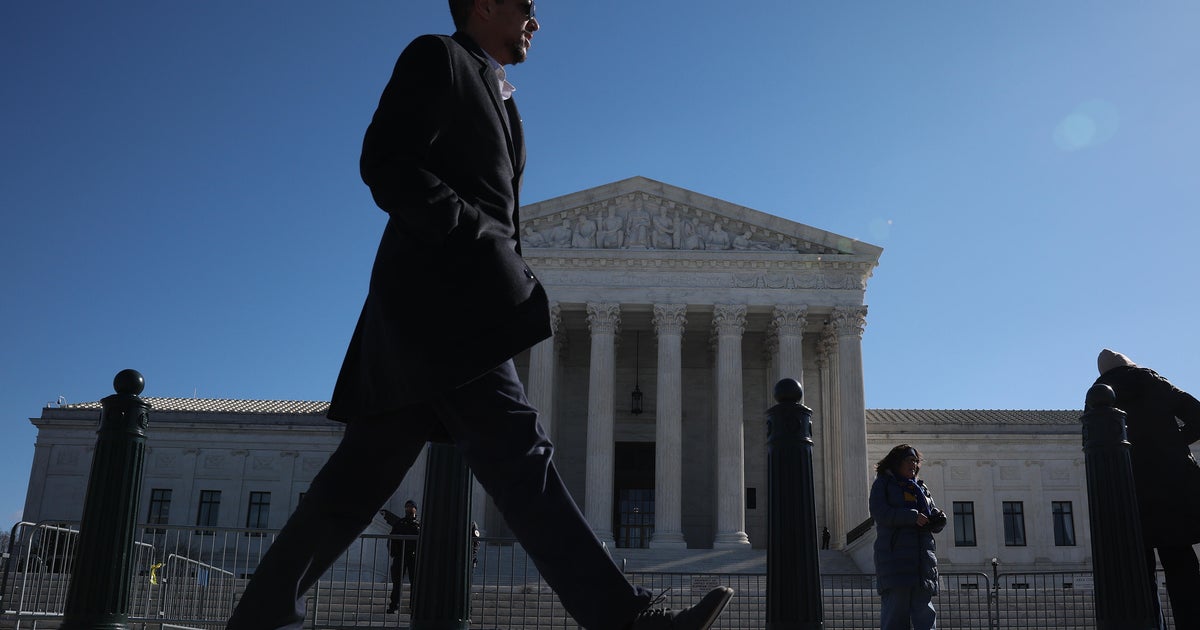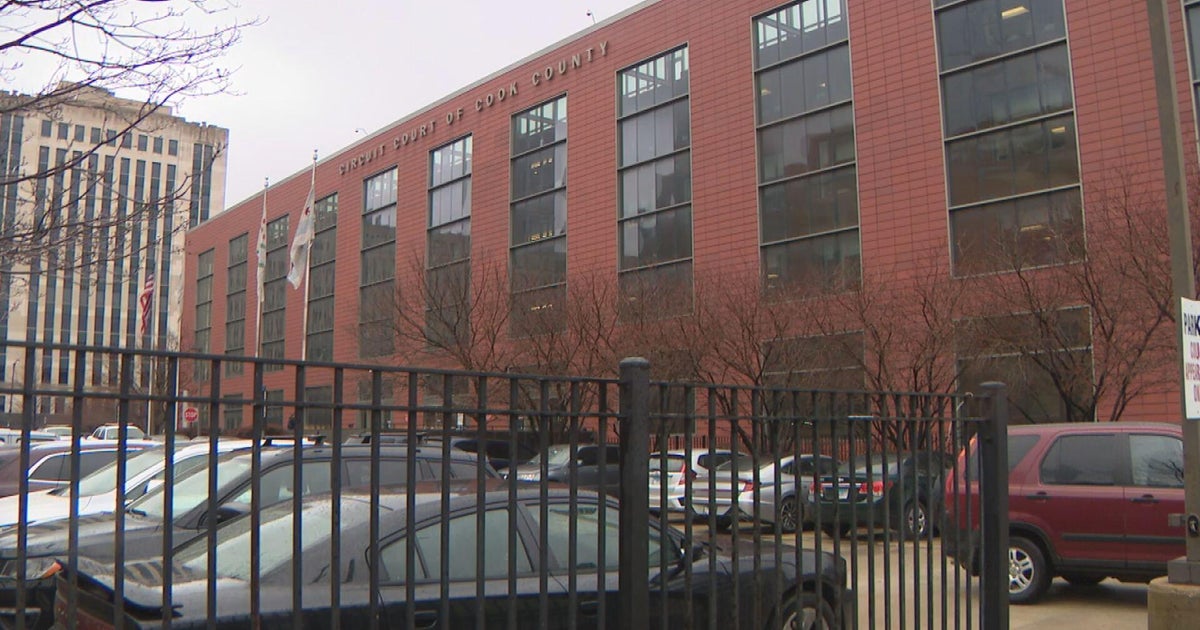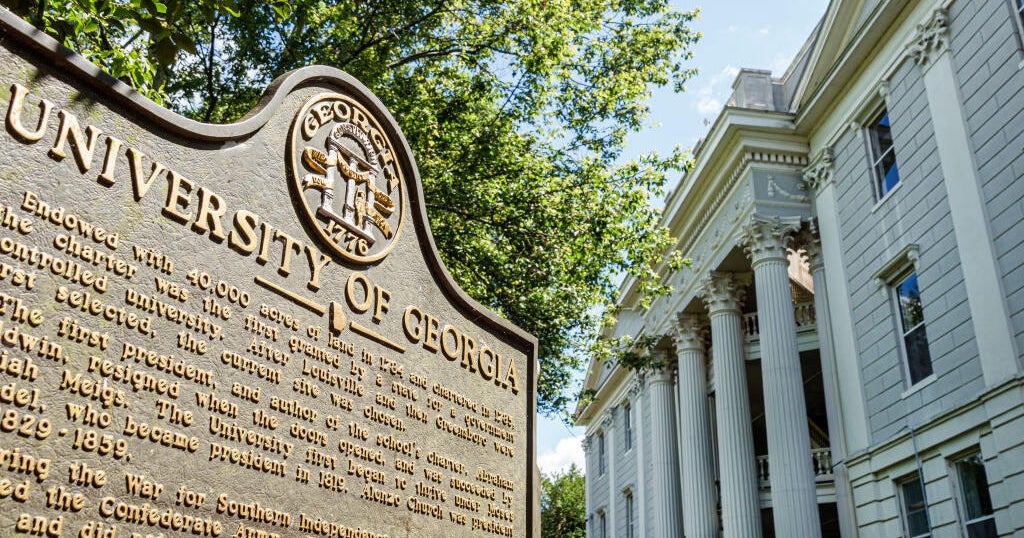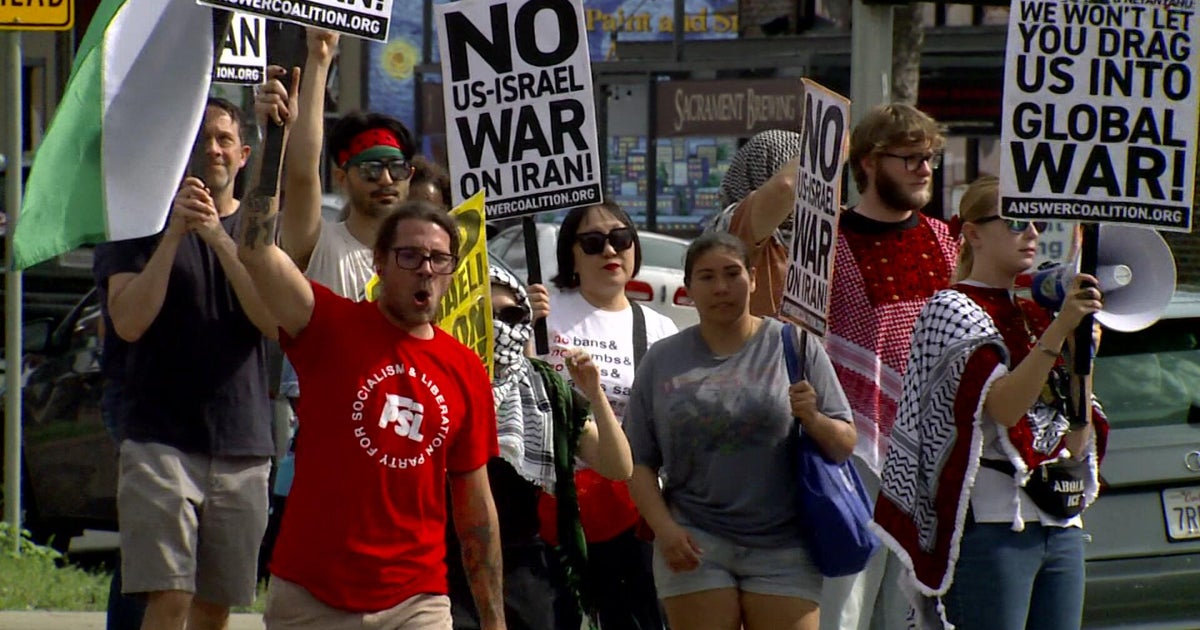Bay Area Law Professors Predict High Court Will Invalidate Prop. 8, DOMA
SAN FRANCISCO (CBS SF) -- Two Bay Area constitutional law professors predicted Wednesday the U.S. Supreme Court, after two days of hearings on same-sex marriage, will end up invalidating both California's Proposition 8 and a key section of the federal Defense of Marriage Act.
But Santa Clara University professor Margaret Russell and University of San Francisco professor Julie Nice said they expect the rulings to be narrow, limited or splintered.
The decisions are due by the close of the court's current term at the end of June.
"We are not likely to get a direct ruling on the merits," Russell said of Wednesday's hearing on the 1996 federal law, known as DOMA.
The nine justices heard arguments Wednesday on an 83-year-old New York widow's challenge to a DOMA provision that bars the U.S. government from recognizing legal same-sex marriages.
The provision denies gay and lesbian couples who were legally married in their state more than 1,000 federal benefits and programs, ranging from Social Security survivors' payments to tax advantages.
Widow Edith Windsor is challenging a $363,000 federal estate tax she had to pay after the 2009 death of her wife, Thea Spyer. She claims the law violates her constitutional right to equal treatment.
A decision overturning the measure would affect couples in the nine states that currently allow same-sex marriage.
Russell and Nice said they expect the court to strike down that section of DOMA, but in a splintered decision without a majority on the reasoning.
"We're not going to have that ringing majority ruling that gets to the crux of this case, which is discrimination based on sexual orientation," Nice said.
The two professors predicted the court's four liberal justices will cite a constitutional right to equal protection while Justice Anthony Kennedy, a swing vote, may favor a more limited federalism argument of respecting individual states' definition of marriage.
"The question is whether or not the federal government under a federalism system has the authority to regulate marriage," Kennedy commented during the two-hour hearing.
Russell said she thinks Chief Justice John Roberts may join Kennedy in the federalism argument.
The predicted 5-4 or 6-3 ruling would be a "majority result without a majority rationale" on issues of alleged discrimination against gays and lesbians, Nice noted.
Still, "as long as five justices agree for whatever reason on the result, it's very meaningful in itself that DOMA will be struck down," Russell said.
The two professors said there may be an even less definitive ruling on Proposition 8, the same-sex marriage ban enacted by California voters in 2008.
The court heard arguments Tuesday on the initiative sponsors' appeal of a decision by the 9th U.S. Circuit Court of Appeals in San Francisco last year striking down the measure.
The case began with a lawsuit filed in U.S. District Court in San Francisco in 2009 by a lesbian couple from Berkeley and a gay couple from Burbank, who claim the initiative violates the Constitution's guarantees of equal treatment and due process.
Russell and Nice said the justices' comments Tuesday suggest that they will either overturn Proposition 8 with a narrow ruling that would apply only to California, or dismiss the appeal on the ground that the sponsors lacked the legal authority to appeal after California officials declined to defend the measure.
Either way, the professors said, they expect the crucial fifth vote to be provided by Kennedy, who commented Tuesday that the voice of 40,000 California children who want their gay and lesbian parents to be married "is important in this case."
"It's very likely that one way or another, Proposition 8 is gone," Russell said.
Nice said, "I think there is not likely to be a sweeping victory for either side, but it seems very likely that Proposition 8 is not likely to be upheld and that it will no longer be in effect in California at the end of this process."
If the Supreme Court dismisses the Proposition 8 appeal, that action would reinstate a broad ruling in which U.S. District Judge Vaughn Walker said in 2010 that the U.S. Constitution provides a right to same-sex marriage, and ordered state officials to allow the unions.
Proposition 8 supporters and opponents disagree on whether Walker's order would then apply only to the two couples who sued, Kristin Perry and Sandra Stier of Berkeley and Paul Katami and Jeffrey Zarrillo of Burbank, or whether it would apply statewide.
More lawsuits or court proceedings might result to determine the answer to that question, but many analysts, including Nice and Russell, believe that same-sex marriages would eventually resume in California.
In the meantime, the lower court rulings overturning Proposition 8 have been put on hold and the ban has remained in effect during the appeal to the Supreme Court.
Even though the panel's expected decisions in the two cases may be limited, Russell said, "I think it's been a remarkable two days in terms of the tone of the Supreme Court, the questions and the arguments."
Russell said that even the justices who might be expected to vote against recognition of same-sex marriage adopted a more respectful and less harsh tone during the two hearings than was heard in some justices' comments on gay rights cases in the 1980s and 1990s.
"Language is a key indicator of respect," she said. "It's as though it's finally sunk in that you have to think of these people as human beings."
(Copyright 2013 by CBS San Francisco and Bay City News Service. All rights reserved. This material may not be published, broadcast, rewritten or redistributed.)
